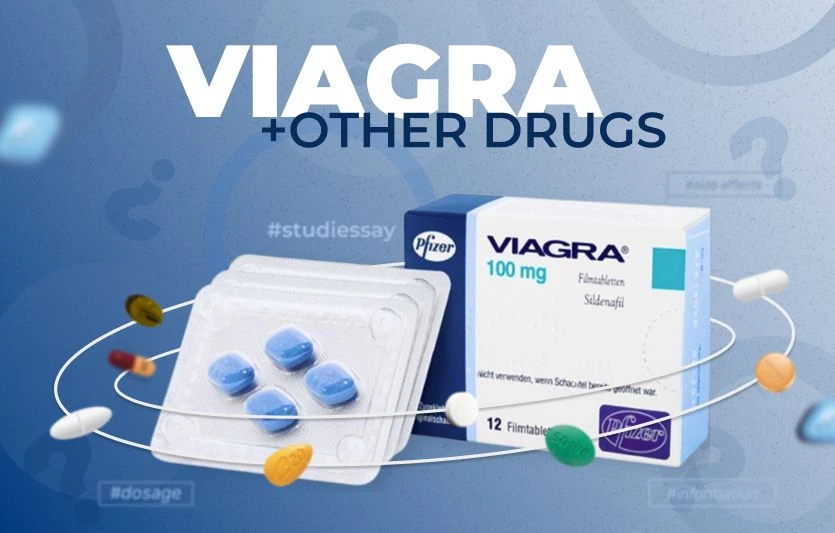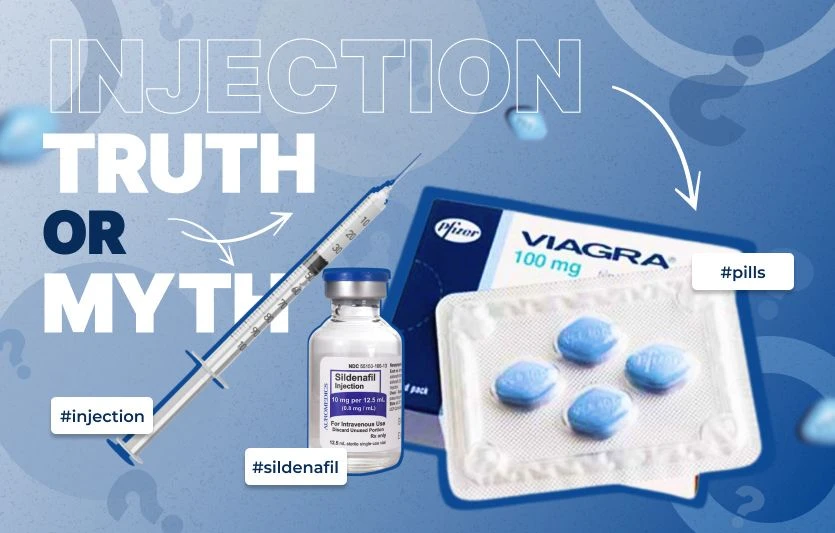US Food and Drug Administration (FDA) approved Viagra (Sildenafil Citrate) as an oral drug to treat erectile dysfunction on March 27, 1998.
In October of the same year, Sildenafil citrate under the brand name Viagra was approved in Australia.
Currently, doctors study a link between Viagra and Alzheimer’s disease and the drug’s potential to fight dementia.
A Giant Study on Alzheimer’s Finds Viagra Linked
A giant study on Alzheimer’s finds Viagra linked almost as a potential disease risk modifier.
Experts of the Ohio Cleveland Clinic analysed the data on insurance payments of 7.23 million people.
And they calculated that those who took Sildenafil under the brand name Viagra for the treatment of erectile dysfunction or pulmonary arterial hypertension, along the way, decreased the likelihood of Alzheimer’s disease. They were 69% less likely to have the disease than those who didn’t take the little blue pills.
The scientists did brain tests on people with Alzheimer’s disease. And they found that those who took Viagra had more active growth of brain cells and a slower (compared to other participants) formation of neurofibrillary tangles in the brain. And these are early biomarkers of Alzheimer’s disease.
The US National Institute on Aging (NIA) supported this study.
Viagra reduces Alzheimer’s
Scientists from the Cleveland Clinic, led by Dr. Feixiong Cheng, maintain that the results of the above study demonstrated a link between the use of Sildenafil and a reduced risk of Alzheimer’s disease. However, they emphasise that today you can’t affirm that Sildenafil prevents or treats Alzheimer’s disease. Studies didn’t show it. There may be additional factors leading to a similar effect.
“These results only registered the presence of a statistical relationship between the use of Viagra and a decrease in the incidence of Alzheimer’s disease,” says Dr. Cheng.
Doctors admit that an accurate correlation of the cause-and-effect relationships between Alzheimer’s and Viagra requires additional studies. Feixiong Cheng prepares for phase II studies to identify the drug’s potential in this area.
Viagra and dementia: is there a relationship between them?
Currently, there are no reliable clinical trials on Viagra dementia effects.
However, there is a study of another drug similar to Sildenafil.
Many similar drugs to treat erectile dysfunction work similarly, increasing blood flow to the penis. At the beginning of 2022, the journal Alzheimer’s & Dementia published the results of a clinical study on whether Tadalafil (Cialis) improves blood flow to the brain of older adults with narrowing of the cerebral arteries and symptoms of vascular dementia.
The results weren’t very encouraging. Only people over 70 years observed a noticeable effect. For the younger people, the blood flow rate in the white matter, in the part of the brain where vascular dementia develops, remained the same.
Is Viagra good for the brain?
The first studies of a relationship between the brain and Viagra on animals took place 20 years ago.
Many problems with the blood supply to the brain complicate the life of people, especially in old age. So, scientists consider various possibilities for improving their condition, ranging from preventing strokes to Alzheimer’s disease and dementia.
However, they still have got no real results. Studies are in progress.
Conclusion
Viagra not only increases blood flow to the penis but can speed up blood flow throughout the body, including the brain.
Statistical studies demonstrated that in the case of the elderly who took Viagra, Alzheimer’s disease was 69% less frequent compared to those who didn’t use the drug.
However, it doesn’t yet allow us to conclude that Sildenafil has a beneficial effect on the treatment or prevention of Alzheimer’s disease.
Also, there are no proven clinical trials on the benefit of the drug for the treatment or prevention of dementia.
Scientists work on these problems. You need to be patient and wait for new results.








